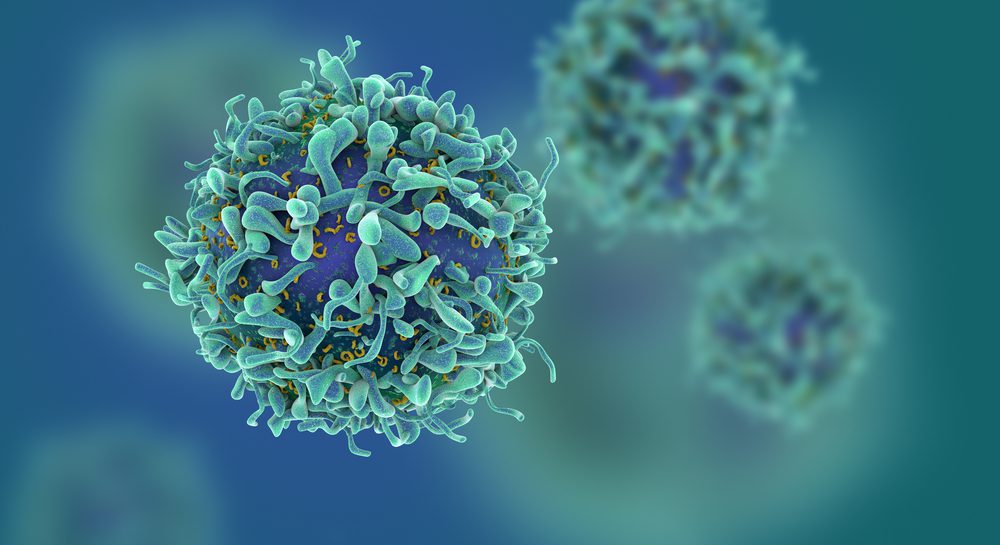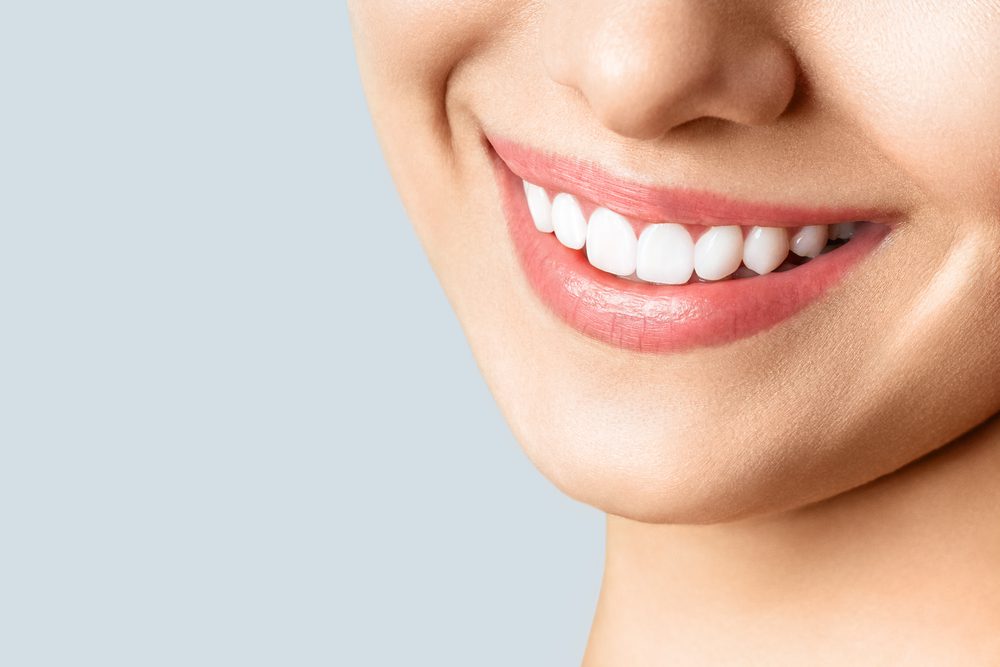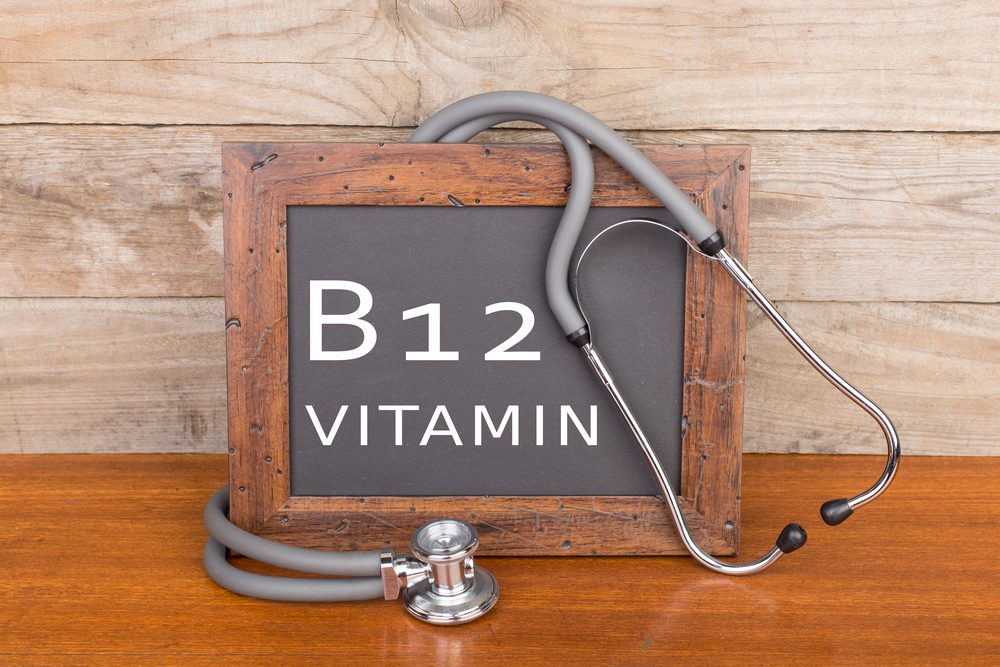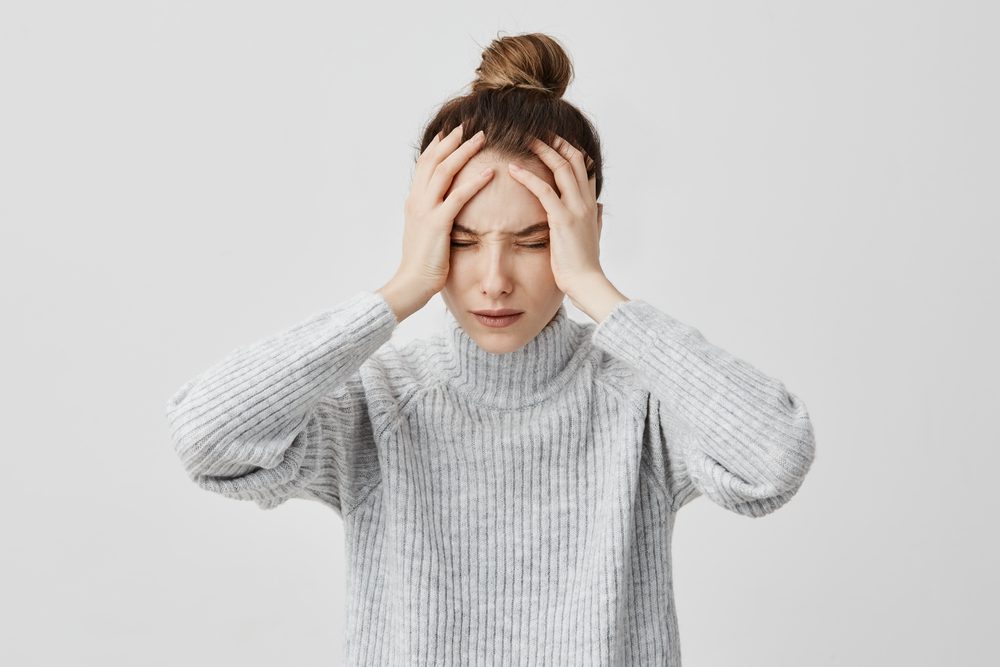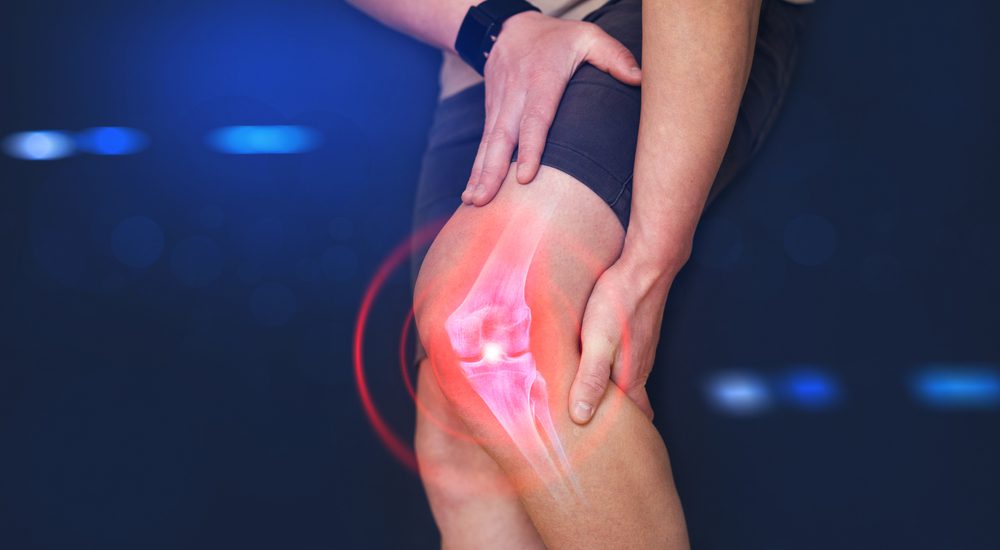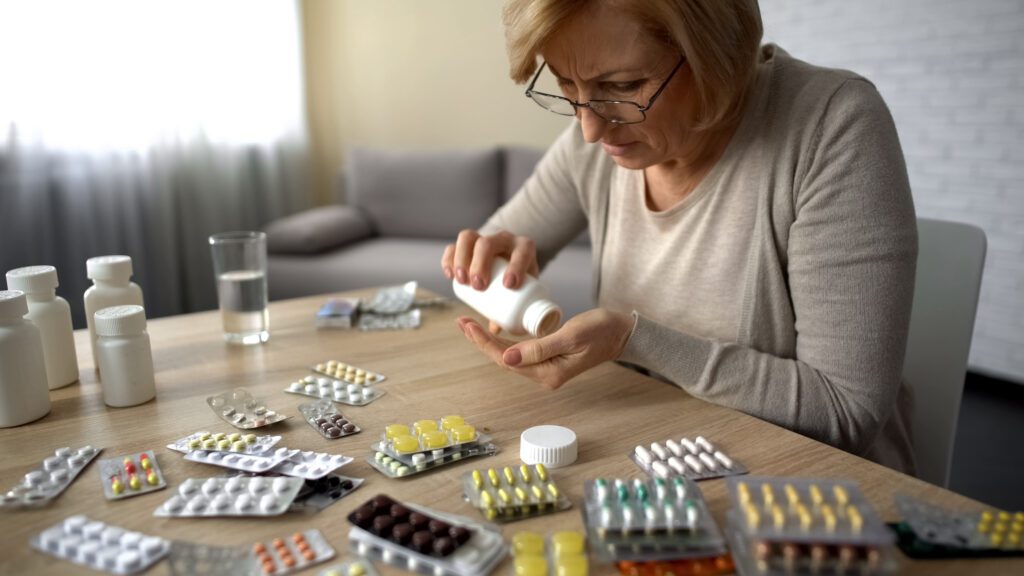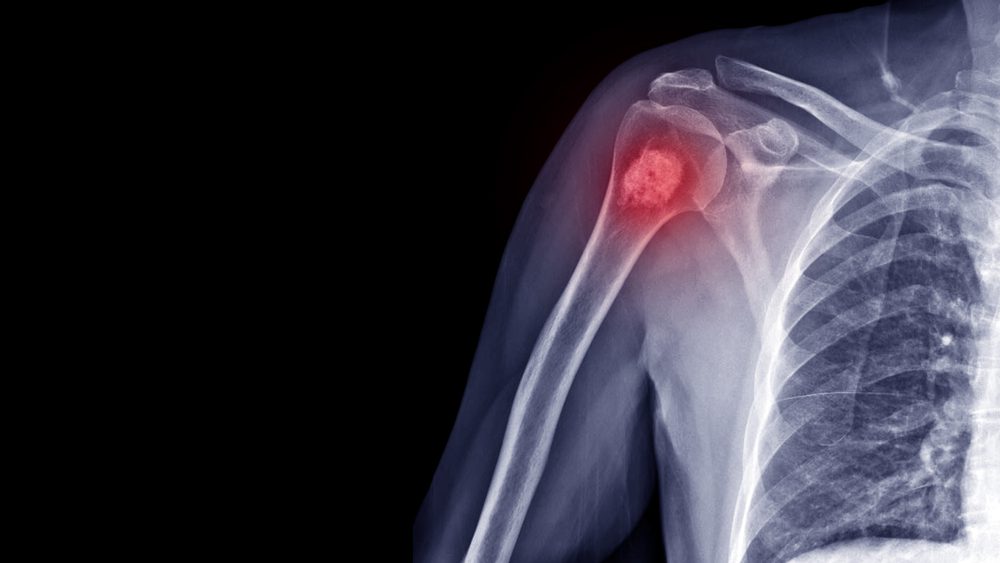These foods can trigger kidney stones, so steer clear of them!
Renal calculi, nephrolithiasis, and urolithiasis are other names for kidney stones, which are hard deposits of minerals and salts that develop inside our kidneys. These unpleasant stones can be caused by a variety of factors, including diet, certain medical disorders, and particular medications or supplements.
Any portion of your urinary tract, including your kidneys and bladder, might be impacted by kidney stones. When urine concentration increases, minerals can crystallize and adhere to one another, resulting in the formation of stones. Kidney stones are exceedingly painful to pass since your urinary system is not made to pass solid objects. Fortunately, most of them can be warded off with diet.
If dealing with this medical condition scares you, then it’s better to avoid eating all these foods that can trigger kidney stones or at least reduce their consumption to a minimum.

1. Beets
Because beets are high in oxalates, people who have kidney stones caused by calcium oxalate should avoid eating them. If kidney stones are already a problem for you or any members of your family, then they are an extremely harmful choice.
2. Cola drinks
If you suffer from kidney stones, staying hydrated is crucial, but before rushing to the next drink, be mindful of your choice. Steer clear of cola drinks since they contain a lot of phosphate, another substance that might encourage the development of kidney stones.
Furthermore, research indicates that some drinks, especially those containing high fructose corn syrup and caffeine, raise the risk of kidney stones.
3. Red meat
This medical condition can be triggered by eating red meat and animal protein in general so cutting back on some meals will be necessary. For instance, it’s ideal to limit your intake of red meat, such as beef and pig, as this helps prevent several types of stones.
While protein (especially animal protein) is recommended to keep your body healthy if you have trouble with your kidneys it might be best to stick to the daily recommended amount. It is one gram of protein per day every kilogram of body weight. For instance, a 200-pound individual has to consume around 90 grams of protein a day.
If you consume more protein than is advised, your chance of developing stones may increase. This is particularly valid for animal protein, which includes fish, eggs, poultry, beef, and pork.
4. Calcium
You might believe that cutting back on calcium will lower your chance of developing calcium stones. But meals high in calcium are OK; in fact, they aid in the equilibrium of your urine. In actuality, having too little or too much calcium might increase your chance of developing kidney stones.
Your body excretes excess calcium in your urine if you consume too much of it. A calcium stone is more likely to develop if there is more calcium in your urine. The body cannot eliminate oxalate if you consume insufficient amounts of calcium. This may make an oxalate stone more likely for you. Thus, aim to consume no more than the 1000 mg of calcium each day that is advised.
5. Nuts
It’s a good idea to indulge in some nuts occasionally, especially because they’re high in protein and low in saturated fats. Not all nuts need to be eliminated, but regular consumption of walnuts, Brazil nuts, and almonds is not recommended due to their relatively high oxalate content which may increase the risk of getting this medical condition.

6. Fast food
This shouldn’t come as a surprise but fast food is heavy in processed ingredients and high in salt, both of which increase the risk of kidney stones. Its high-fat content, grease content, and empty calorie content exacerbate the situation. It’s best to avoid it completely.
Are you craving some KFC or McDonald’s, but your medical condition doesn’t allow you to enjoy them? Since air fryers are now a thing and everybody has one in their kitchen, I recommend you pair the purchase with this amazing air fryer cookbook with 600 delicious recipes for both beginners and advanced users.
7. Excessive consumption of salt
High blood sodium levels might encourage the accumulation of calcium in the urine. Steer clear of adding salt to food and read the labels of processed goods to determine their sodium content. As with typical restaurant cuisine, fast food can include a lot of salt. When you can, request that everything you order from a menu not have salt added to it.
Additionally, keep track of what beverages you want to consume. Vegetable juices for example can contain a lot of salt. Aside from that, be careful not to purchase processed foods like pre-made frozen meals, cured meat, canned beans, and macaroni and cheese.
8. Spinach
Another food that can increase the risk of developing this medical condition is spinach. Of course, you are surprised since, if you’re a regular reader of our articles, you probably noticed that baby spinach is full of protein and vitamin C, both recommended for a healthy lifestyle.
However, spinach is also full of oxalate. Before eliminating it completely from your diet, ask your doctor if it’s good for you and how much you can eat per day or week.
9. Rhubarb
“In a small village, there once lived a girl by the name of Barbara. Barbara was known in the entire area for her excellent rhubarb pie.” You probably know this song from all the Instagram reels because there was hype surrounding it. And while a rhubarb pie might sound appealing to you, if you have this medical condition and your kidneys aren’t healthy, it’s better to stay away from rhubarb.
Oxalates are present in greater concentrations in rhubarb, and if you are dealing with kidney stones, eating rhubarb might make it worse. If you’re taking a treatment for it, ask your doctor if it’s safe to consume it or not.
10. Foods high in oxalate
Foods that contain this substance may cause kidney stones to occur more often. If you already have this medical condition, you might want to cut back on or cut out oxalates entirely from your diet. To find out if restricting these foods is sufficient to prevent kidney stones, consult with your doctor. Always make sure you consume or drink a calcium source along with any meals that contain oxalates. By doing this, you can prevent the oxalate from reaching your kidneys during digestion by helping it bond to calcium.
Some of the foods that contain high levels of oxalate are chocolate, sweet potatoes, tea, collard greens, kale, and buckwheat.
11. Sweets
Sugars and syrups added to food and beverages that are processed are referred to as added sugars. Kidney stones might become more likely if you consume additional fructose and sugar. Pay attention to how much sugar you consume in processed meals like cake, fruit, soft drinks, and juices.
Corn syrup, crystallized fructose, honey, agave nectar, brown rice syrup, and cane sugar are among other names for added sugar that are often used so if you see one or two of these added sugars on the label, it’s better to put the product back on the shelf.
You may also be interested in These 10 Health Tests Can Save Your Life!





